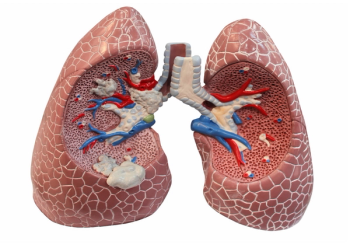
Forced exhalation volume in one second and forced vital capacity can determine the stage severity for chronic obstructive pulmonary disease.

Forced exhalation volume in one second and forced vital capacity can determine the stage severity for chronic obstructive pulmonary disease.

A generic TDF/FTC costs as low as $30 per month, compared with about $1800 per month for branded TAF/FTC

Erenumab was found to have a sustained efficacy as a monotherapy treatment for episodic migraine that was found to not respond to 2 to 4 prior preventive treatments.

Study examines whether dapagliflozin is cost-effective when added to standard of care for patients who have heart failure with reduced ejection fraction.

In the latest Student Cafe interview series, students from the University of Texas at Austin College of Pharmacy discussed the future of pharmacy after the COVID-19 pandemic.

According to the investigators, the findings demonstrate that a 5-day regimen of stereotactic body radiotherapy, a form of external beam radiation therapy that uses a higher dose of radiation, had a 4-year cure rate of 82%.

Top-line data from the NORSE TWO trial demonstrated that the treatment met the primary and key secondary endpoint for efficacy with clinically impactful change observed for treated patients.

Although there was a numerical difference between the mean number of new or newly enlarging T2 hyperintense lesions at week 72 of 0.05 (Q4W) and 0.20 (Q6W), this difference was not clinically meaningful in the context of the full data, according to the investigators.

Its important for the patients with heart failure to know how much their ejection fraction is.
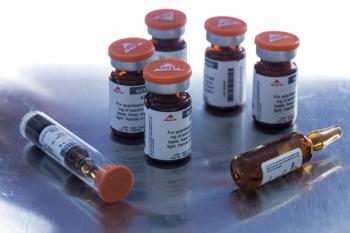
In this third video in a series collaboration between Pharmacy Times and USP, Jeanne Sun, PharmD, JD, counsel, legal at USP, discusses information to help pharmacists counsel patients on quality expectations in the pharmacy.

Donanemab induced rapid amyloid plaque reduction at 24 weeks in patients with early symptomatic Alzheimer disease, with the most rapid clearance in patients with the most severe plaque burden at baseline.

John M. O’Brien, PharmD, MPH, newly appointed President and CEO of the National Pharmaceutical Council, shares his view of what pharmacists contribute to health care.

With the growth of civil and criminal litigation, more companies in the health care space are receiving subpoenas commanding them to provide information to a third party.
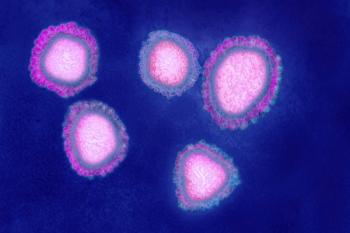
In the study, ritlecitinib 50 mg and 30 mg achieved the primary efficacy endpoint, specifically the proportion of patients with less than or equal to 20% scalp hair loss after 6 months of treatment versus placebo.

In The Legal Prescription series with Ned Milenkovich, we discuss a set of important topics in the pharmacy landscape.

Though the benefits of continuous glucose monitoring for patients with diabetes has been previously demonstrated, the investigators said that these benefits have only been well-established for patients with type 1 diabetes or patients with type 2 diabetes treated with multiple daily insulin injections.

ACE inhibitors are currently prescribed more commonly than ARBs as a first-time blood pressure control medicine despite this difference in AEs, the study authors noted.

The Pharmacy Times® Pharmacy Focus podcast provides the latest industry news and information, thought-leader insights, clinical updates, patient counseling tools, and innovative solutions for the everyday practice and business of pharmacy.

The FDA has previously granted Orphan Drug designation to nemvaleukin for the treatment of mucosal melanoma.
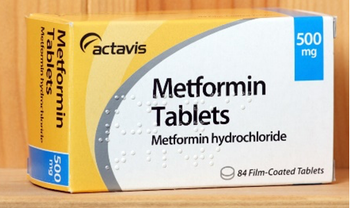
Patients on metformin should check their vitamin B12 levels on regular basis to make sure it is at normal range.

Thomas Maggio, MBA, public affairs and engagement manager at AACP, discussed his presentation assessing the Opioid-Related Activity Database and its impact in showing the efforts of pharmacists and student pharmacists to fight the opioid epidemic.

According to a press release from Roche, the FDA is reviewing the company’s Biologics License Application under the Real-Time Oncology Review pilot program, which aims to explore a more efficient review process to ensure safe and effective treatments are available to patients as early as possible.

This month, I thought it would be beneficial to share a handful of examples from among the many Next Generation Pharmacist-nominated candidates.

John M. O’Brien, PharmD, MPH, newly appointed President and CEO of the National Pharmaceutical Council, discusses the 3 main insights that have guided him throughout his career.
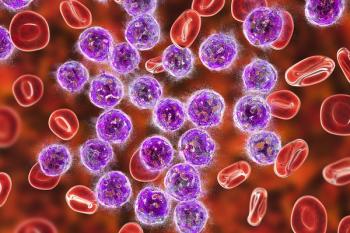
MDM2 inhibitors and BET inhibitors, which show limited efficacy against acute myeloid leukemia (AML) as monotherapies, are potent against AML when used in combination, according to a study published in Nature Communications.

Clive Ward Able, MD, BPharm, discusses research results suggesting the promise of psilocybin as a potential treatment for obesity.
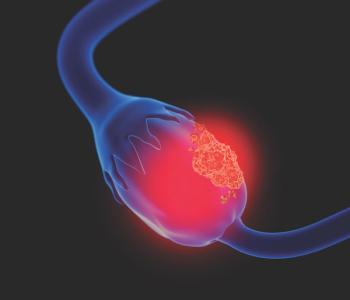
The OVATION 2 study combines GEN-1 with standard-of-care neoadjuvant chemotherapy (NACT) in patients newly diagnosed with stage 3 and 4 ovarian cancer.

Anna Legreid Dopp, PharmD, CPHQ, senior director of clinical guidelines and quality improvement at ASHP, said their organization was proud to sign onto a recent statement urging health care organizations to mandate COVID-19 vaccines for their employees.

Trials were conducted on participants with the chronic digestive condition to assess whether vitamin D reduced the severity of their symptoms and whether it could improve their quality of life.

Ten quiz questions to assess your knowledge on common rheumatoid arthritis treatments.